Author of the article:
Associated Press
Daniel Niemann, Mike Corder And Paul Wiseman
Published Oct 14, 2024 • 4 minute read
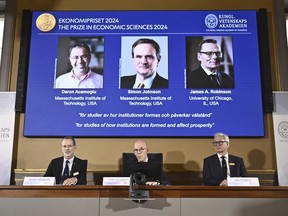
STOCKHOLM — The Nobel memorial prize in economics was awarded Monday to Daron Acemoglu, Simon Johnson and James A. Robinson for research that explains why societies with poor rule of law and exploitative institutions do not generate sustainable growth.
Advertisement 2
THIS CONTENT IS RESERVED FOR SUBSCRIBERS ONLY
Subscribe now to read the latest news in your city and across Canada.
- Unlimited online access to articles from across Canada with one account.
- Get exclusive access to the Toronto Sun ePaper, an electronic replica of the print edition that you can share, download and comment on.
- Enjoy insights and behind-the-scenes analysis from our award-winning journalists.
- Support local journalists and the next generation of journalists.
- Daily puzzles including the New York Times Crossword.
SUBSCRIBE TO UNLOCK MORE ARTICLES
Subscribe now to read the latest news in your city and across Canada.
- Unlimited online access to articles from across Canada with one account.
- Get exclusive access to the Toronto Sun ePaper, an electronic replica of the print edition that you can share, download and comment on.
- Enjoy insights and behind-the-scenes analysis from our award-winning journalists.
- Support local journalists and the next generation of journalists.
- Daily puzzles including the New York Times Crossword.
REGISTER / SIGN IN TO UNLOCK MORE ARTICLES
Create an account or sign in to continue with your reading experience.
- Access articles from across Canada with one account.
- Share your thoughts and join the conversation in the comments.
- Enjoy additional articles per month.
- Get email updates from your favourite authors.
THIS ARTICLE IS FREE TO READ REGISTER TO UNLOCK.
Create an account or sign in to continue with your reading experience.
- Access articles from across Canada with one account
- Share your thoughts and join the conversation in the comments
- Enjoy additional articles per month
- Get email updates from your favourite authors
Article content
The three economists “have demonstrated the importance of societal institutions for a country’s prosperity,” the Nobel committee of the Royal Swedish Academy of Sciences said at the announcement in Stockholm.
Acemoglu and Johnson work at the Massachusetts Institute of Technology while Robinson conducts his research at the University of Chicago.
“Reducing the vast differences in income between countries is one of our time’s greatest challenges. The laureates have demonstrated the importance of societal institutions for achieving this,” Jakob Svensson, Chair of the Committee for the Prize in Economic Sciences, said.
He said their research has provided “a much deeper understanding of the root causes of why countries fail or succeed.”
Advertisement 3
Article content
Reached by the academy in Athens, Greece, where he is due to speak at a conference, the Turkish-born Acemoglu, 57, said he was surprised and shocked by the award.
“You never expect something like this,” he said.
Acemoglu said the research honoured by the prize underscores the value of democratic institutions.
“I think broadly speaking the work that we have done favours democracy,” he said in a telephone call with the Nobel committee and reporters in Stockholm.
But he added that “democracy is not a panacea. Introducing democracy is very hard. When you introduce elections, that sometimes creates conflict.”
In an interview with The Associated Press, Robinson said he doubts that China can sustain its economic prosperity as long as it keeps a repressive political system.
By signing up you consent to receive the above newsletter from Postmedia Network Inc.
Article content
Advertisement 4
Article content
“There’s many examples in world history of societies like that that do well for 40, 50 years,” Robinson said by phone. “What you see is that’s never sustainable. … The Soviet Union did well for 50 or 60 years. Argentina was one of the richest countries in the world at the time of the First World War. What our theory predicts is that’s a transitory situation.”
Robinson said many societies have successfully made the transition to what he, Acemoglu and Johnson call an “inclusive society.”
“Look at the United States,” Robinson said. “This was a country of slavery, of privilege, where women were not allowed to take part in the economy or vote. … Every country that is currently relatively inclusive and open made that transition. In the modern world, you’ve seen that in South Korea, in Taiwan, in Mauritius.”
Advertisement 5
Article content
Acemoglu and Robinson wrote the 2012 bestseller “Why Nations Fail: The Origins of Power, Prosperity, and Poverty,” which argued that manmade problems were responsible for keeping countries poor.
In their work, the winners looked, for instance, at the city of Nogales, which straddles the U.S.-Mexico border.
Despite sharing the same geography, climate, many of the same ancestors and a common culture, life is very different on either side of the border. In Nogales, Arizona, to the north, residents are relatively well-off and live long lives; most children graduate from high school. To the south, in Mexico’s Nogales, Sonora, residentts are much poorer and organized crime and corruption abound.
The difference, the economists found, is a U.S. system that protects property rights and gives citizens a say in their government.
Advertisement 6
Article content
Acemoglu expressed worry Monday that democratic institutions in the United States and Europe were losing support from the population. “Democracies particularly underperform when the population thinks they underdeliver,” he said. “This is a time when democracies are going through a rough patch. … It is, in some sense, quite crucial that they reclaim the high ground of better governance.”
Robinson agreed. Clearly, you had an attack on inclusive institutions in this country,” he said. “You had a presidential candidate who denied that he lost the last election. So President Trump rejected the democratic rule of the citizens. … Of course, I’m worried, I’m a concerned citizen.”
The economists also studied the institutional changes that European powers such as Britain and Spain put in place when they colonized much of the world starting in the 1600s. They brought different policies to different places, giving later researchers a “natural experiment” to analyze.
Advertisement 7
Article content
Colonies that were sparsely populated offered less resistance to foreign rule and therefore attracted more settlers. In those places, colonial governments tended to establish more inclusive economic institutions that “incentivized settlers to work hard and invest in their new homeland. In turn, this led to demands for political rights that gave them a share of profits,” according to the Nobel committee.
In more densely populated places that attracted fewer settlers, the colonial regimes limited political rights and set up institutions that focused on “benefiting a local elite at the expense of the wider population … Paradoxically, this means that the parts of the colonized world that were relatively the most prosperous around 500 years ago are now those that are relatively poor.” India’s industrial production, for example, exceeded the American colonies’ in the 18th century.
Advertisement 8
Article content
The economics prize is formally known as the Bank of Sweden Prize in Economic Sciences in Memory of Alfred Nobel. The central bank established it in 1968 as a memorial to Nobel, the 19th-century Swedish businessman and chemist who invented dynamite and established the five Nobel Prizes.
Though Nobel purists stress that the economics prize is technically not a Nobel Prize, it is always presented together with the others on Dec. 10, the anniversary of Nobel’s death in 1896.
Nobel honours were announced last week in medicine, physics, chemistry, literature and peace.
— Corder reported from The Hague, Netherlands, and Wiseman from Washington
Article content
.png)
 3 days ago
10
3 days ago
10




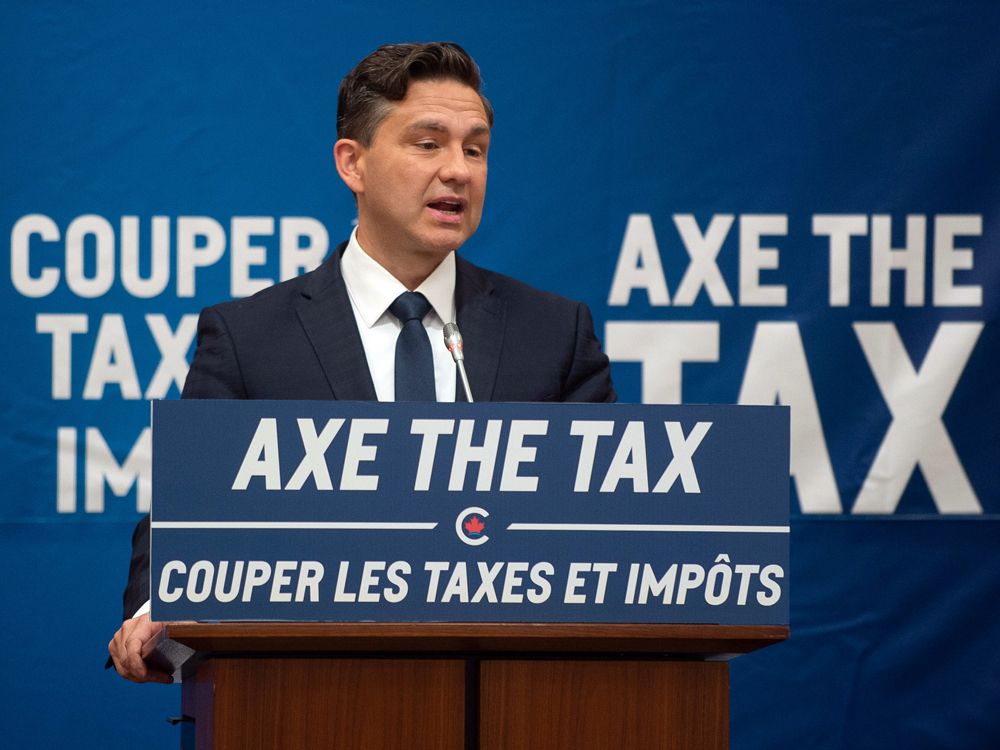
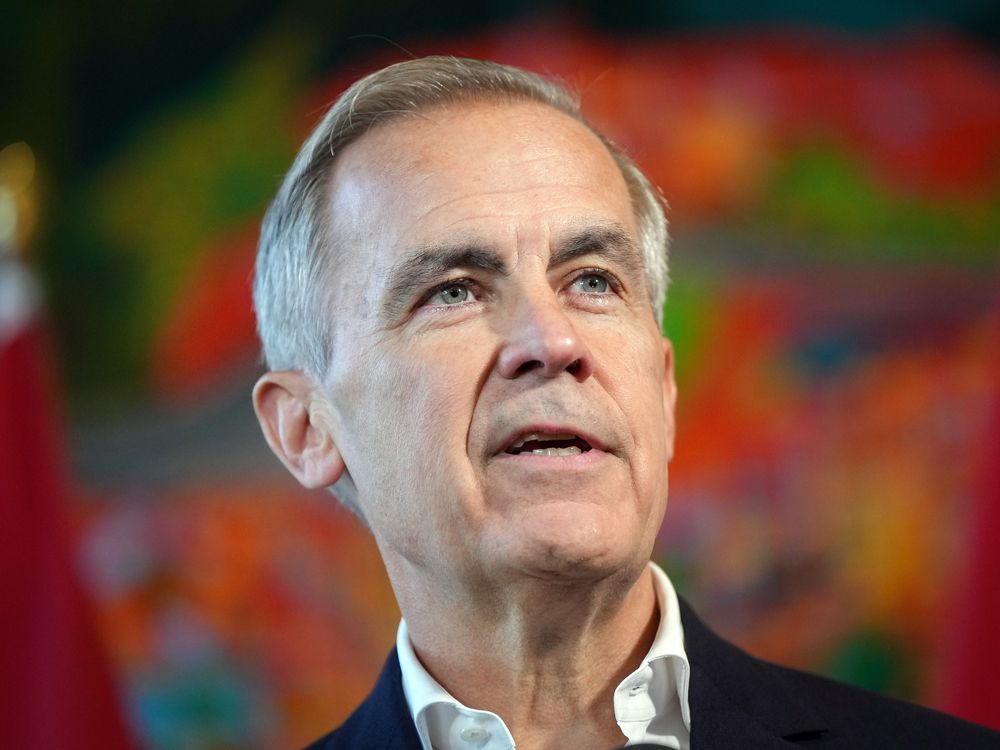
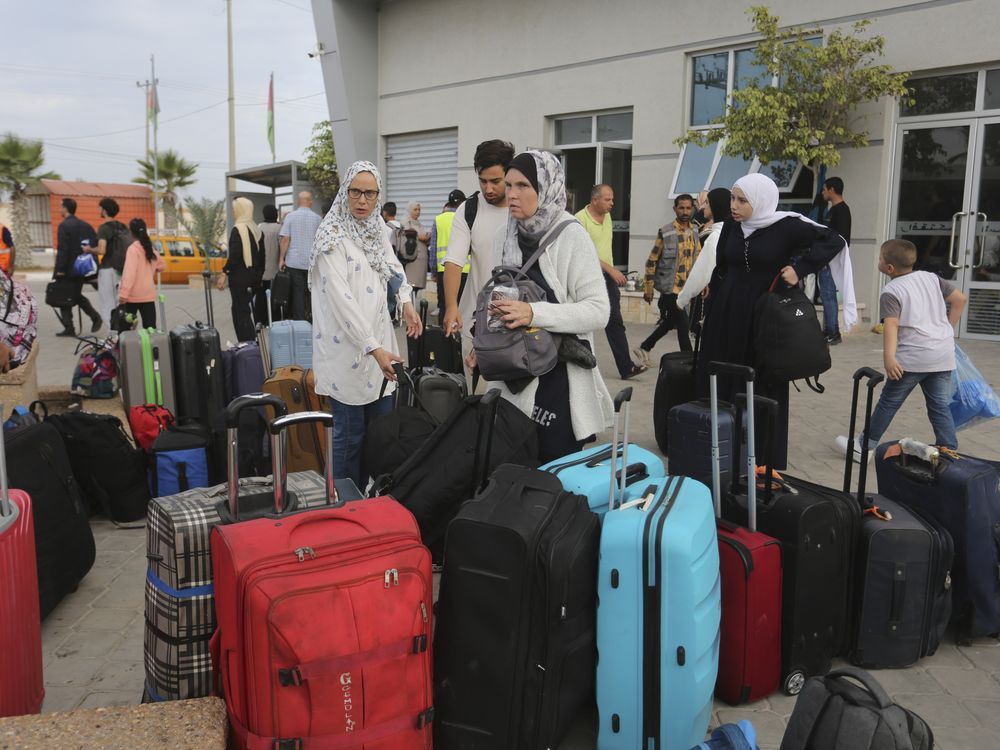
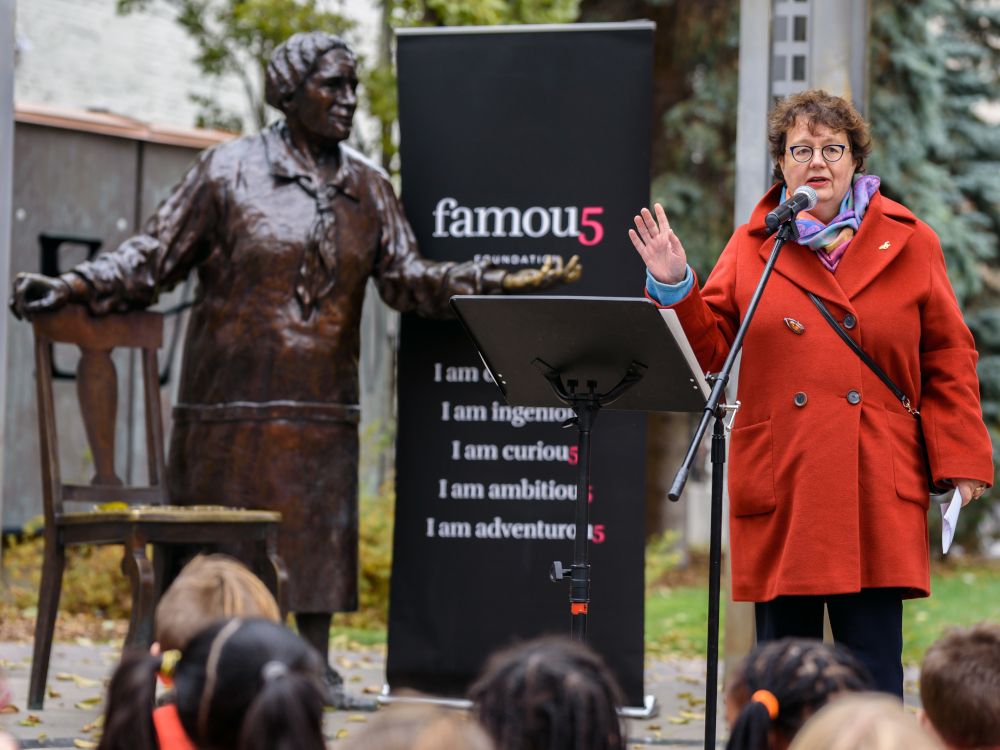



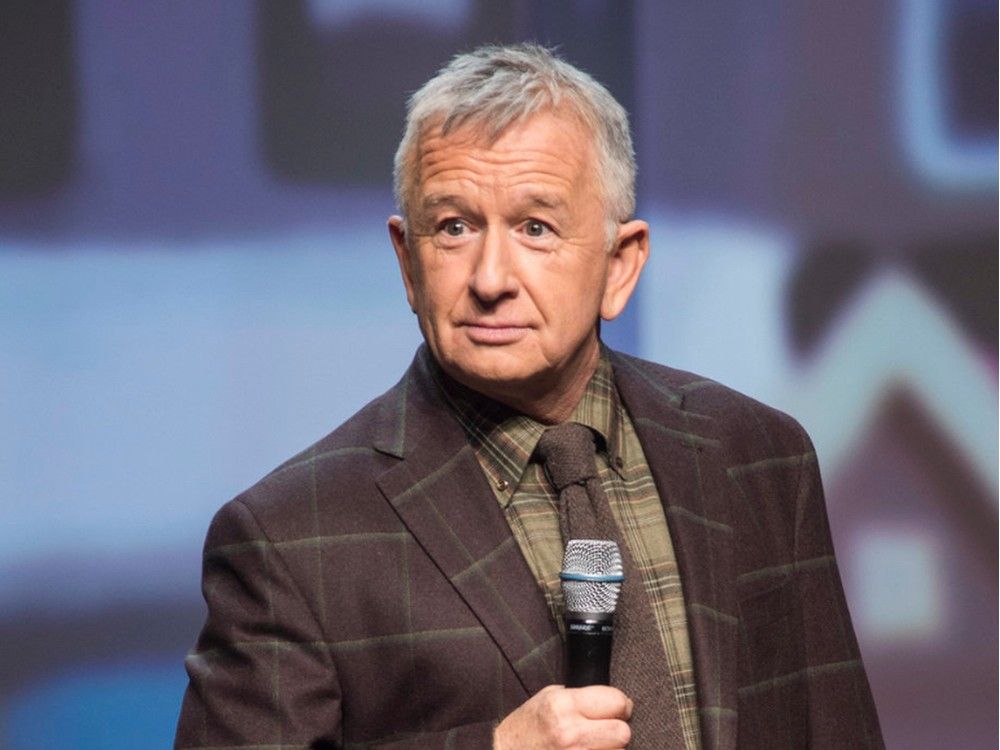












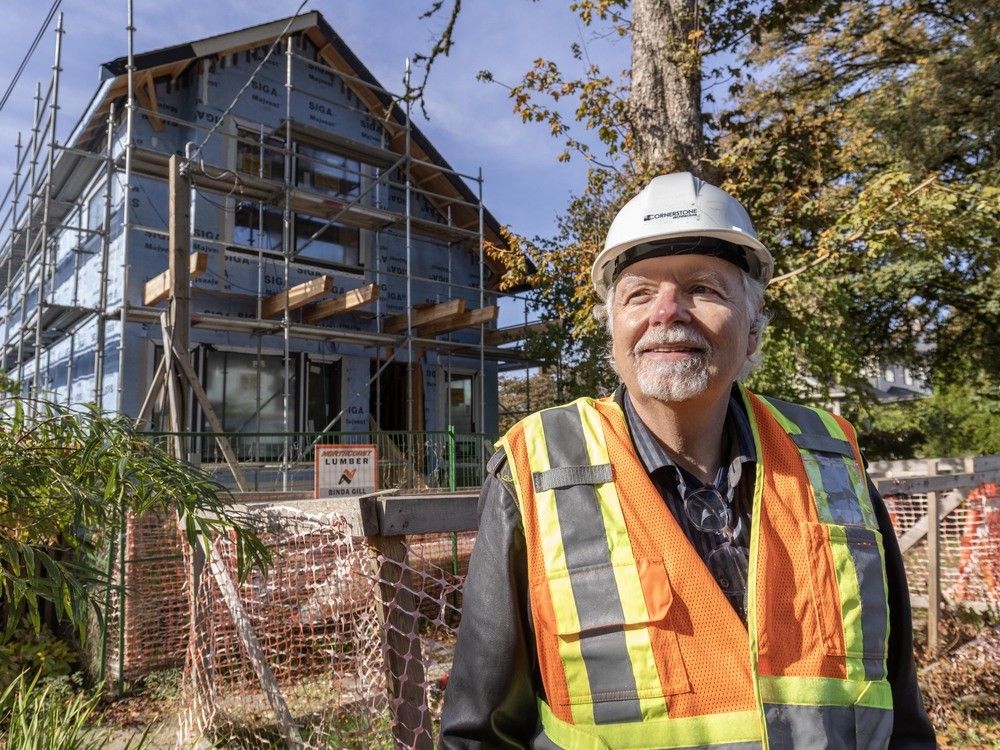


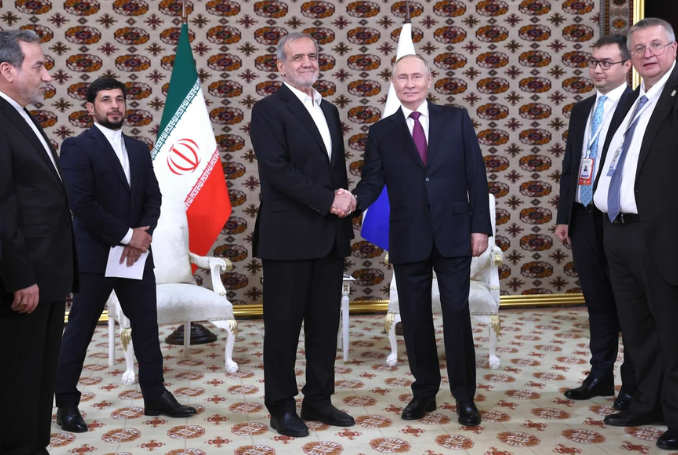



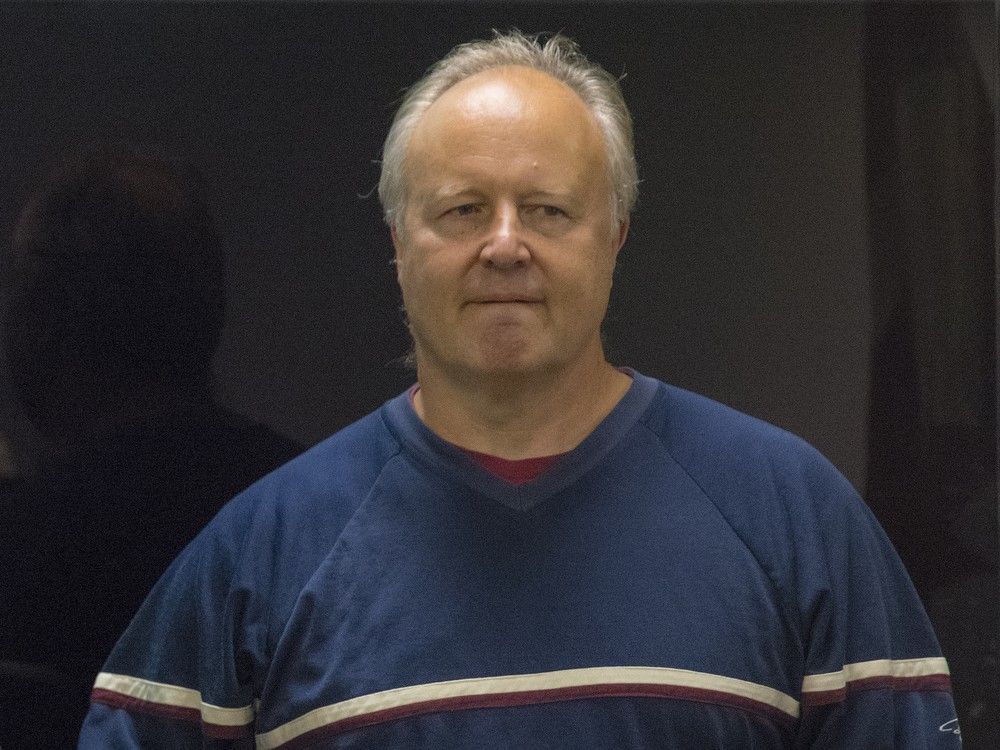


 Bengali (BD) ·
Bengali (BD) ·  English (US) ·
English (US) ·